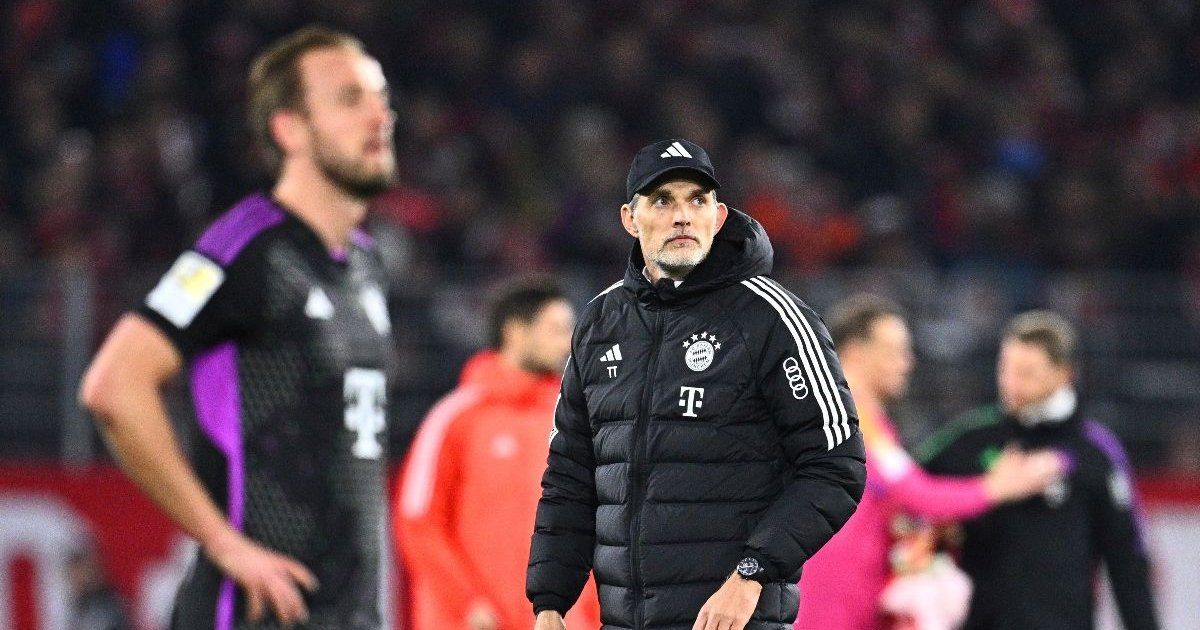Berlin.
Motorways, energy, rents: the coalition is dragging around many unresolved conflicts. The pressure to make decisions is increasing.
Personally, traffic light representatives keep saying that they get along very well. content However, the coalition partners are on a whole range of issues far apart. After the election in Berlin, which was disappointing for them, the FDP wants to leave clearer marks on the decisions of the coalition.
SPD and Greens hope that this will cooperation in government not difficult. “The key thing is that we emphasize what we have in common and not what separates us,” says Katja Mast, SPD parliamentary secretary. “We know from each other where our pain limits are.” An overview.
Motorways and bridges: The traffic light has set itself the task of significantly accelerating infrastructure projects. Until now, it has taken many years, sometimes even decades, before a new railway line, power line or trunk road can be built or a bridge renovated. The coalition agrees that everything that has to do with climate protection must be implemented more quickly.
The projects are to be classified as projects of “overriding public interest” – such as the construction of the LPG terminals was the case. The FDP wants too New highway construction projects accelerate – which the Greens reject with reference to climate protection.
A meeting of the coalition committee on this issue at the end of January yielded no results. Now the allies are trying to find a solution behind the scenes. FDP General Secretary Bijan Djir Sarai says with a view to the Greens: “We must make it very clear to our coalition partners that blockade policy to the detriment of this country cannot be done with us.” “
nuclear power: Actually, all three remaining nuclear power plants should go offline at the end of 2022. In view of the energy crisis, however, the question of one arose limited term extension. The FDP was for it, the Greens were against it, things were getting hectic.
Traffic light: What is the value of the chancellor’s power?
Chancellor Olaf Scholz (SPD) finally spoke in October word of power and stipulated that the reactors should remain connected to the grid until mid-April 2023 at the latest. After that it should definitely be over. Vice Chancellor Robert Habeck (Greens) and FDP leader Christian Lindner complied.
However, it is to be expected that the Liberals will put the issue back on the agenda. The Union is also in favor of continued operation, at least until the end of 2024. The Greens are strictly against continued operation. Also in the energy industry there is little inclination to keep the power plants running. “In the entire European energy supply, the good four gigawatts of output from the last three German nuclear power plants make no difference,” said Markus Krebber, head of the Essen-based power company RWE.
Tenant protection: Waiting for Buschmann, that’s how the Greens and the SPD see the situation when it comes to rents. In the coalition agreement, the three parties had agreed to improve tenant protection. This includes, for example, an extension of the until 2025 temporary rental price brake until 2029.
In addition, the coalition wants to limit the permitted increase in rents to eleven percent in three years in regions with a tight housing market. Justice Minister Marco Buschmann (FDP) is responsible, but so far no plans to implement who submitted the project. Greens and SPD are therefore impatient.
To make matters worse, the two coalition partners want to help tenants with inflation-linked leases. Here Buschmann sees so far but no need for actionas he recently made clear in a conversation with our editors.
Coalition: Foreigners should close the gap in skilled workers
migration and citizenship. The traffic light wants Germany to become a modern one immigration country make. The background is the immense shortage of skilled workers, which is likely to worsen significantly in the coming years. Labor Minister Hubertus Heil (SPD) says that securing skilled workers is one of the “most urgent tasks” of the coalition. It’s not just about immigration, but also about leveraging local potential – for example through higher labor force participation by women.
In connection with the increased opening of the country to foreign workers, the traffic light also wants to reform citizenship law and access to German passport facilitate. The FDP had recently put on the brakes and argued that not everything should happen at the same time, but one after the other.
pension and social affairs. The FDP under party leader and finance minister Lindner is driving one of their favorite projects: they want to use the capital markets more for old-age security in Germany. Lindner has a concept for the so-called “Generational Capital” developed. This year, ten billion euros from the federal budget are to flow into an independently managed fund. From the end of the 2030s, the income could contribute to keeping the statutory pension affordable.
SPD and Greens support the concept. However, it is disputed whether regular payments of this magnitude should continue to go into the fund in the future. Lindner would also like to direct contribution money there, which the SPD is opposed to. The minister’s concept is currently being coordinated by the departments. Works in parallel Minister of Labor Heil of proposals to secure the pension level permanently at at least 48 percent. Here, too, there is a lot of potential for conflict.
More articles from this category can be found here: Politics

